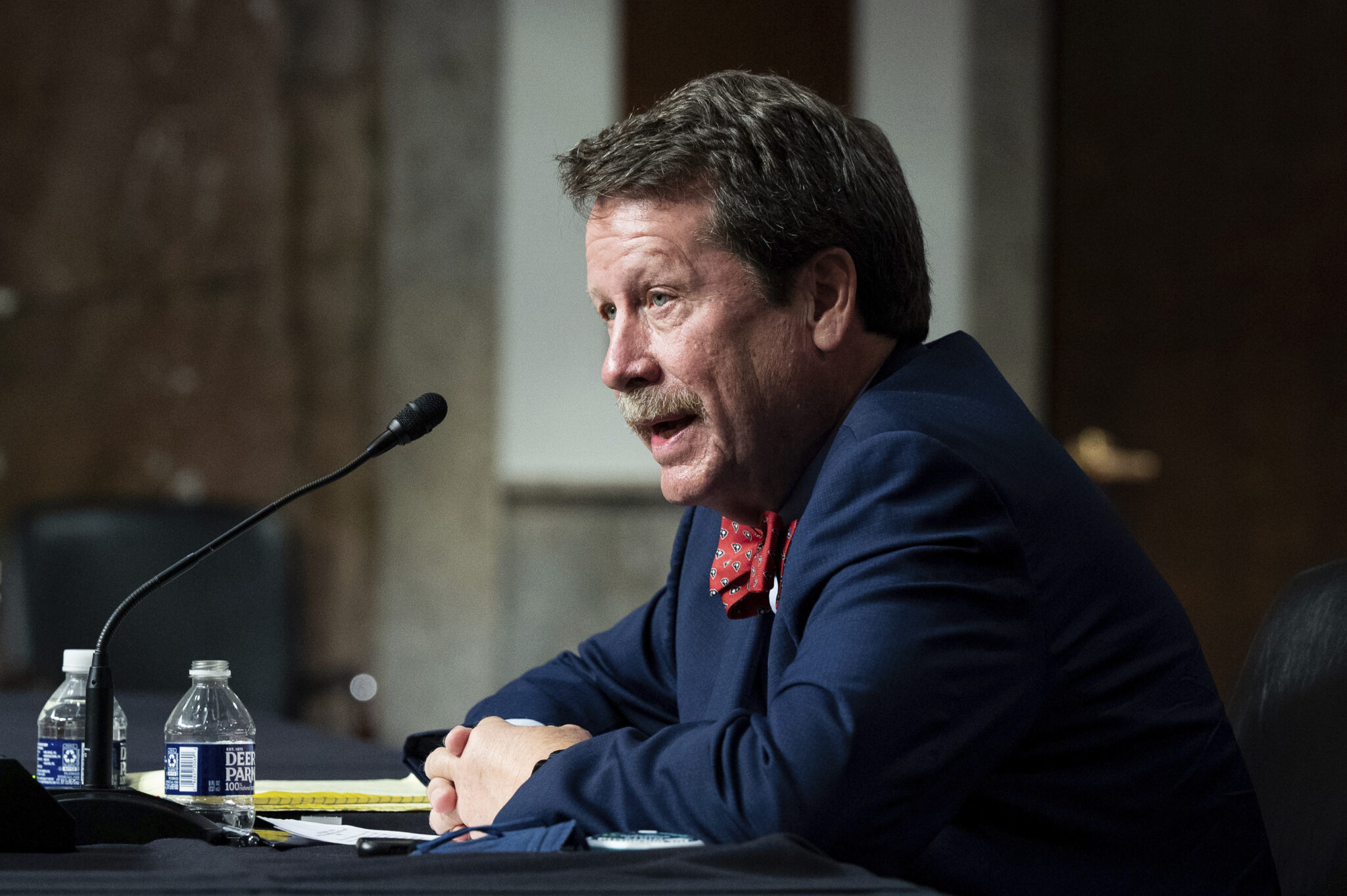
Robert Califf, FDA commissioner (Michael Brochstein/Sipa USA/Sipa via AP Images)
FDA chief Rob Califf: The business of health is booming but people's outcomes aren't improving
While referring to himself as living in the proverbial “overtime” of life at the age of 70, newly Senate-confirmed FDA chief Rob Califf said his …
Sign up to read this article for free.
Get free access to a limited number of articles, plus choose newsletters to get straight to your inbox.